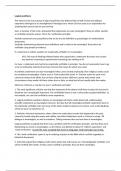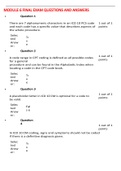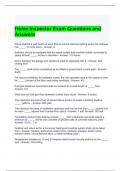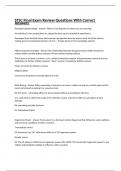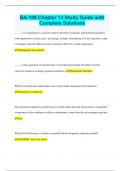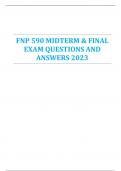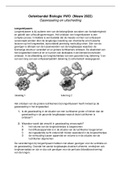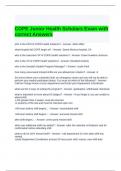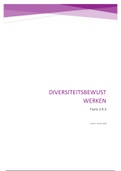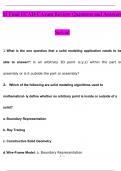Summary
Summary Religious language 21st century A* notes and arguments
- Course
- Institution
Extremely high-detailed and comprehensive A* philosophy notes including not only the content but also a whole range of relevant scholars, responses and pros and cons of the different arguments. Everything you would need for this topic!
[Show more]
